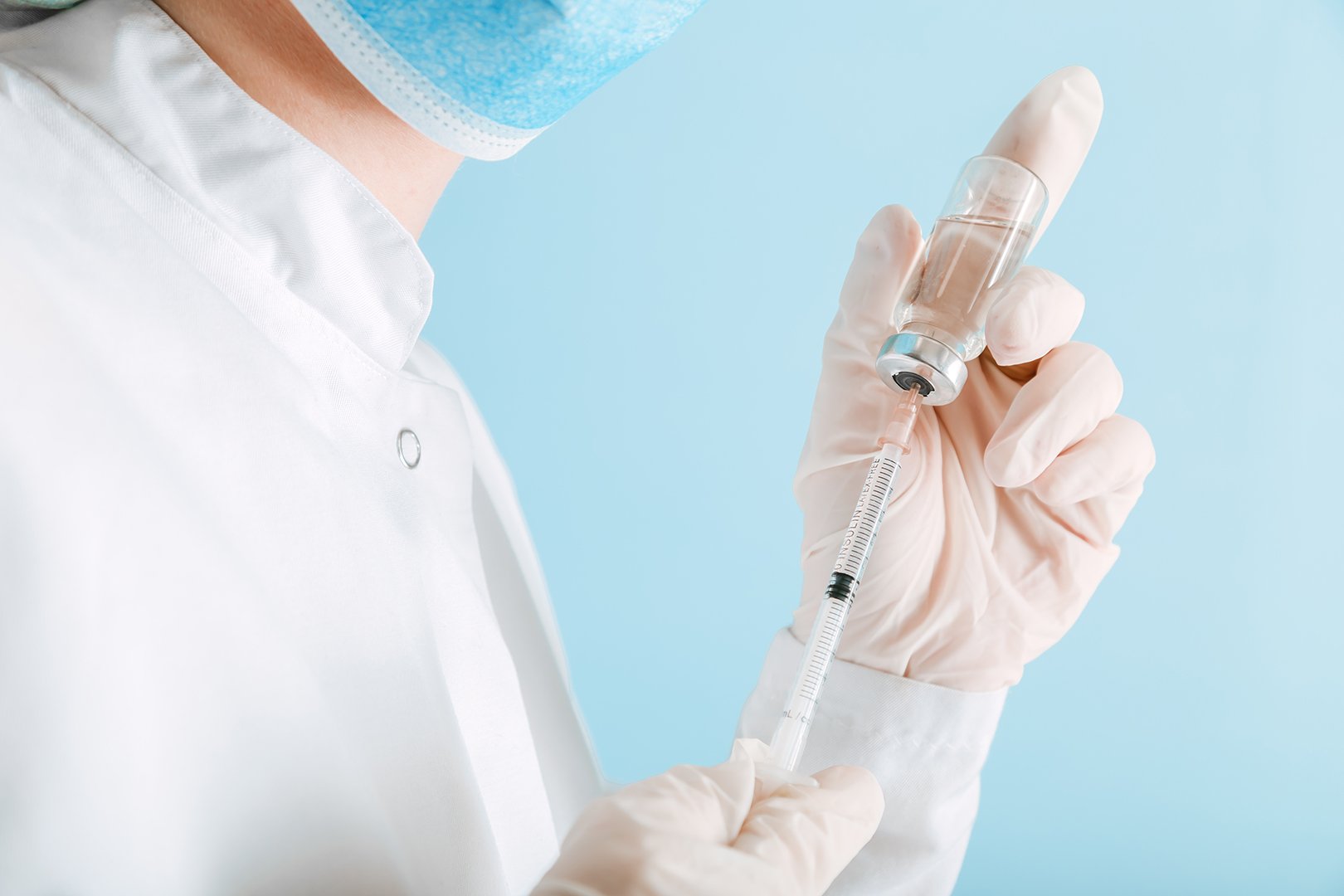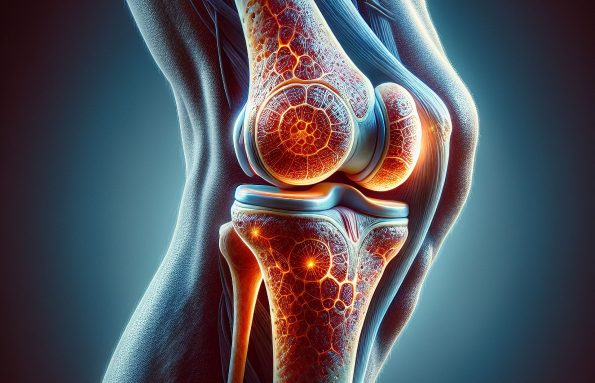Cervical cancer is the fourth most common cancer affecting women worldwide and the fifth leading cancer in females in Abu Dhabi. It affects the cervix, which connects the uterus to the vagina, and is primarily caused by certain strains of the human papillomavirus (HPV). Despite the alarming statistics, there is good news – cervical cancer is highly preventable with a combination of regular screening and HPV vaccination that can reduce the transmission of the virus.
Like any other vaccine, there are myths surrounding the
HPV vaccine, which are dangerous misconceptions that may discourage people from receiving this crucial vaccination.
Let’s clear up some of these common myths and separate fact from fiction.
Myth #1: The HPV vaccine can lead to infertility.
Claims of the
HPV vaccine causing infertility are not backed by scientific research or clinical trials – there’s no established link between the vaccine and infertility. In reality, the HPV vaccination can protect fertility by preventing gynecological problems associated with cervical cancer treatment.
Myth #2: The HPV vaccine can cause serious side effects.
Like any vaccine, the
HPV vaccine can cause side effects, but these are generally mild and temporary. Common side effects include pain, swelling and redness at the injection site. Studies have shown that serious side effects are rare and unrelated to the vaccine.
Myth #3: The HPV vaccine encourages risky physical behavior.
There’s no evidence to support this myth, HPV vaccination does not increase risky sexual behavior. Vaccination against HPV is recommended for young people before they become sexually active, as it’s most effective before infection occurs.
Myth #4: You can take the HPV vaccine at any age.
This isn’t true, The Department of Health (DOH) recommends the vaccine for young women between the ages of 13 –26 years old, so it’s important you receive it within that time frame.
Myth #5: The HPV vaccine is not necessary because “I can just get regular Pap tests.”
While Pap tests can help detect cervical cancer early and are important to screen for abnormal cells to prevent them from developing into cancerous cells, they’re not a substitute for the
HPV vaccine. The HPV vaccine can help prevent cancer from developing too by protecting against the strains of HPV that cause cervical cancer. It’s important to get both the
HPV vaccine and regular Pap tests to take control of your reproductive health.
There’s always going to be medical misinformation online, especially when it comes to women’s health. Providing women with accurate and scientifically backed medical guidance is essential for them to make health decisions.






